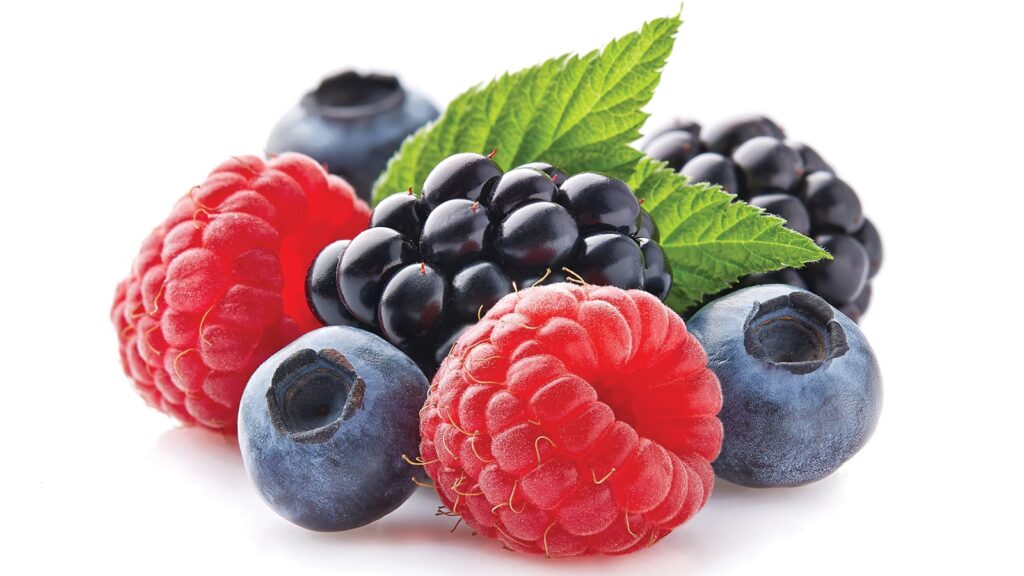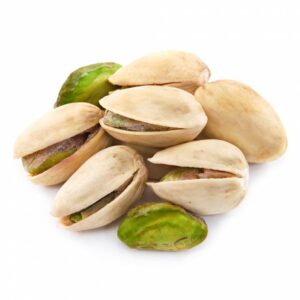IMPROVISE WHAT YOU EAT
U R What U EAT


It may surprise you that the food you ingest an hour before the show can make you calmer, quicker, crazier or smarter. Eating specific food alters attitudes. If you know what mood you need to adjust, just eat your way to a good state of mind!

And be cautious of what you “know”. For example, while most of us presume that the consuming sugar will make us explode with energy. A New York Times report noted:
“…several studies demonstrated that eating carbohydrates (sugars and starches) can raise the level of a brain chemical, serotonin, that is associated with feeling relaxed, calm, sleepy, less depressed and less sensitive to pain.”
What might be considered true, might be different for you.
Dr. Richard J. Wurtman, a neuroendocrinologist at the Massachusetts Institute of Technology added,
”It’s likely that early in life people make associations between the consumption of certain foods and changes in how they feel. Then, later on, they unconsciously turn to those foods to re-create the desired feelings.”
It’s like an improviser who learns one effective behaviour and ends up using it all the time EVEN WHEN that behaviour is not appropriate. (The Einstellung Effect)
Dr. Bonnie Spring of Harvard. was quick to point out that we are not all created equal. The effect of the nutrients you consume may depend more on your age, sex and even the time of day you eat the food. Know yourself and consume accordingly!
Women tend to feel sleepier and less vigorous than men do after eating a carbohydrate meal; men report feeling calmer. High-protein breakfast’s for people over 40 tend to make them feel more tense, angry and less calm than a high-carbohydrate breakfast.
Move that high-carbohydrate meal to lunch and the effect is lower concentration levels and an inability to focus on tasks effectively.
Even if you can figure out what’s best for you, there is a massive social influence on how much and what we eat, depending on the people we eat with. It’s also possibly that you are WHO YOU EAT WITH!
Go out before the show with big eaters and you might unintentionally go against that minimalist approach you take when you eat alone.
Read more here… Moderators of social influence on eating
Take this with a grain of salt… pepper or oregano. Here are some observations from various health sources on how specific foods might help give you that performing edge:
Fatty fish
 Omega-3 fatty acids contribute to the fluidity of your brain’s cell membrane and appear to play key roles in brain development and cell signaling. The result might be a quicker, focussed reative improviser. Fatty fish rich in omega-3 fatty acids, may have a positive impact on lowering your risk of depression.
Omega-3 fatty acids contribute to the fluidity of your brain’s cell membrane and appear to play key roles in brain development and cell signaling. The result might be a quicker, focussed reative improviser. Fatty fish rich in omega-3 fatty acids, may have a positive impact on lowering your risk of depression.
Dark chocolate
This one will make a lot of improvisers happy. N-acylethanolamine — a substance chemically similar to cannabinoids has been linked to mood improvement. it’s high in health-promoting flavonoids, which have been shown to increase blood flow to your brain, reduce inflammation, supporting overall brain health. For the strongest impact pick dark chocolate over the lighter varieties. It’s higher in flavonoids and lower in added sugar. 70% or more cocoa is optimal. Sadly, small doses are the way to go since it’s a high calorie food.
it’s high in health-promoting flavonoids, which have been shown to increase blood flow to your brain, reduce inflammation, supporting overall brain health. For the strongest impact pick dark chocolate over the lighter varieties. It’s higher in flavonoids and lower in added sugar. 70% or more cocoa is optimal. Sadly, small doses are the way to go since it’s a high calorie food.
Fermented foods
Kimchi, yogurt, kefir, kombucha, and sauerkraut, are on this list. The effect on your brain starts in your gut! Up to 90% of your body’s serotonin is produced by your gut microbiome, or the collection of healthy bacteria in your gut. And Serotonin is one of the important neurotransmitters that affects many facets of human behavior, such as mood, stress response, appetite, and sexual drive. Further research draws connection to healthy gut bacteria and lower rates of depression.
Bananas
Vitamin B6 which helps synthesize positive benefitting neurotransmitters like dopamine and serotonin are abundant in Bananas. Paired with fiber, sugar is  released slowly into your bloodstream, allowing for stable blood sugar levels and better mood control. Low blood sugar levels may lead to irritability and mood swings. Connected to the “gut health” mentioned earlier, you may want to pick the Banana still showing green on the peel. That one is an excellent source of prebiotics, a type of fiber that helps feed healthy bacteria in your gut.
released slowly into your bloodstream, allowing for stable blood sugar levels and better mood control. Low blood sugar levels may lead to irritability and mood swings. Connected to the “gut health” mentioned earlier, you may want to pick the Banana still showing green on the peel. That one is an excellent source of prebiotics, a type of fiber that helps feed healthy bacteria in your gut.
EGGS
Eggs contain numerous vital nutrients, including choline – linked by many researchers to increased cognitive ability and even improved memory
APPLES
They create a slow sustained energy. BUT make sure it’s the actual fruit. A glass of apple juice won’t have the same impact.
Oats
The fiber slows your digestion of carbs, allowing the gradual release of sugar into the bloodstream to keep  your energy levels stable. Studies showed that those who ate 1.5–6 grams of fiber at breakfast reported better mood and energy levels. This was attributed to more stable blood sugar levels, which is important for controlling mood swings and irritability. Oatshave the added benefit that they’re also a great source of iron. 1 cup meets about 20% of your daily needs
your energy levels stable. Studies showed that those who ate 1.5–6 grams of fiber at breakfast reported better mood and energy levels. This was attributed to more stable blood sugar levels, which is important for controlling mood swings and irritability. Oatshave the added benefit that they’re also a great source of iron. 1 cup meets about 20% of your daily needs
Berries
Eating more fruits and vegetables is linked to lower rates of depression. Look for the purple and blue ones!
They’re particularly high in anthocyanin. One study associated a diet rich in anthocyanins with a 39% lower risk of depression symptoms
Nuts and seeds
 They contain tryptophan, an amino acid responsible for producing that mood-boosting serotonin. Almonds, cashews, peanuts, and walnuts, as well as pumpkin, sesame, and sunflower seeds, are excellent sources. One long term study of almost 16,000 people linked moderate nut intake to a 23% lower risk of depression
They contain tryptophan, an amino acid responsible for producing that mood-boosting serotonin. Almonds, cashews, peanuts, and walnuts, as well as pumpkin, sesame, and sunflower seeds, are excellent sources. One long term study of almost 16,000 people linked moderate nut intake to a 23% lower risk of depression
Beans and lentils
 Here’s another source of those B vitamins which serve a key role in nerve signaling That affects proper communication between nerve cells. Low levels of these vitamins, especially B12 and folate, have been linked to mood disorders, such as depression
Here’s another source of those B vitamins which serve a key role in nerve signaling That affects proper communication between nerve cells. Low levels of these vitamins, especially B12 and folate, have been linked to mood disorders, such as depression
What about COFFEE??? This go-to substance has mixed press. Coffee provides numerous compounds, including caffeine and chlorogenic acid, that may boost your mood. Research suggests that decaf coffee may even have an effect. Best consumed in moderation as the excess of caffeine can cause irritability and difficulty in concentration.
Dr. Judith Rapoport of the National Institute of Mental Health reports that caffeine blocks the brain chemical adenosine, which ordinarily acts like a tranquilizer by interfering with the transmission of messages from one nerve cell to another.
Some of the effects of our food consumption is immediate. For a long term impact, consider a mediteranean diet which has been shown in multiple studies to lower the risk of depression by as much as 30%.
Interested in programing yourself with food? Search the internet for more suggestions in the field of Nutritional psychiatry. Hears a head start from Harvard University.
REMEMBER: Food is only 1 factor in dealing with mental health. More extreme emotional fluctuations should be discussed with mental health professionals.



0 Comments